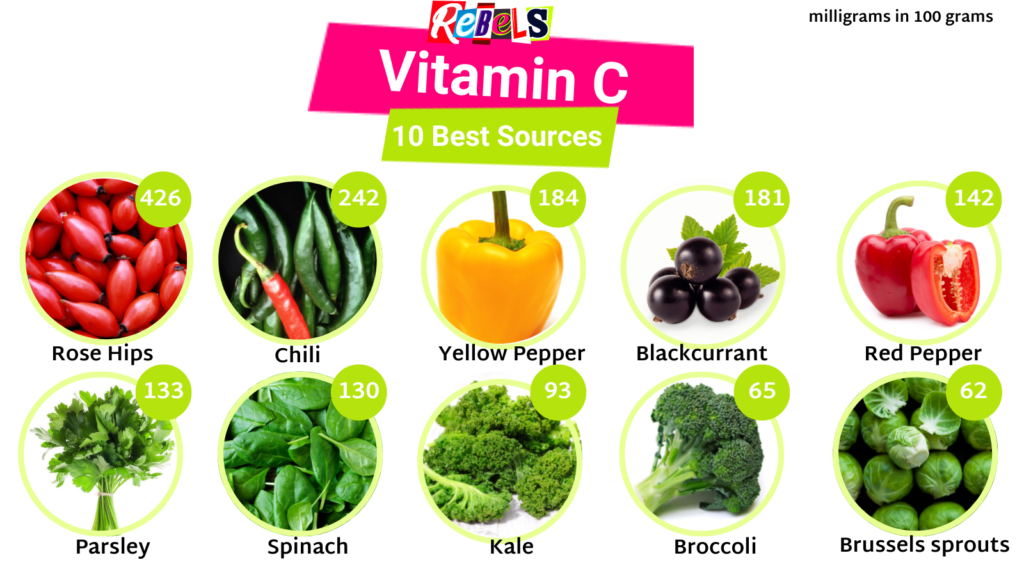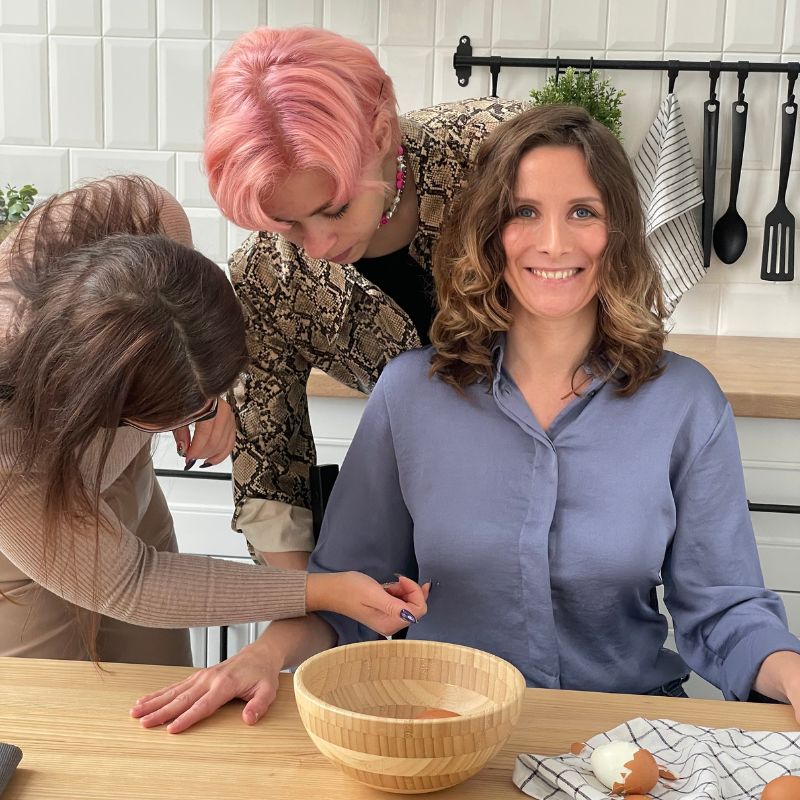Dr. Olesya Bruslik, an endocrinologist and vitamin and micronutrient specialist, explains where vitamin C is found, how cold and flu prevention works, and whether you should drink tea with lemon if you are already sick.
Confess: in the season of colds and flu, who drinks tea with lemon to increase the daily dose of vitamin C?
There are two mistakes.
- Believing that lemons are rich sources of vitamin C. Turns out, they’re not so rich. The average lemon has 50 mg of vitamin C; a slice has even less. Plus, vitamin C is destroyed by heat, which means you won’t find it in tea.
- Buying vitamin C at the drugstore and hoping to protect yourself from a cold or reduce the symptoms. But how can you not hope for it if this method was founded by Nobel laureate Linus Pauling?
Does vitamin C help with colds and flu?
Linus Pauling decided that high doses of vitamin C had an effect on the incidence of colds and flu. The proof: a study of ski school students during which the first group was given 1,000 mg of vitamin C and the second group wasn’t.
As a result, group 1 had a 61% shorter duration of illness and 65% less severity. This study and Pauling’s belief in the miraculous properties of vitamin C created advertising and pharmaceutical fever. Now everyone knows that vitamin C is the main, if not the only, remedy for colds.
And no one knows that other studies have been done after that. For example, a meta-analysis (“arithmetic average” of studies on the same topic) of 29 studies involving 11,000 people.
The participants didn’t know if they were taking vitamin C or a placebo. In the end, 9,700 subjects got sick. Those who took vitamin C had as much as 8% less cold duration! When you consider the average of more than 7 days, that’s 0.5 days.
Plus, the meta-analysis looked at studies involving regular people and skiers, runners, and soldiers with active lifestyles in sub-arctic climates. With high doses of vitamin C, the incidence of colds was cut in half among these active individuals.
The conclusion for vitamin C to help is:
- You must be engaged in heavy physical activity.
- You must do it in the cold.
Well, no one canceled tea with lemon! It’s an undeniably delicious and atmospheric fall drink.
What does vitamin C help with?
The body needs vitamin C for various functions. Some of them are:
- It helps collagen assimilate, which means it helps skin be wrinkle-free and helps joints be mobile.
- It helps with the absorption of iron.
- It’s an excellent source of antioxidants that help fight inflammation.
- It’s used to treat depression and chronic fatigue syndrome. It plays a role in the formation of the happiness hormone serotonin.
- It may help with hangovers, but it’s better to take it in combination with mineral water, B vitamins, and succinic acid.
How much vitamin C do I need daily?
The daily allowed amount is 75-90 mg.
What foods contain vitamin C?


